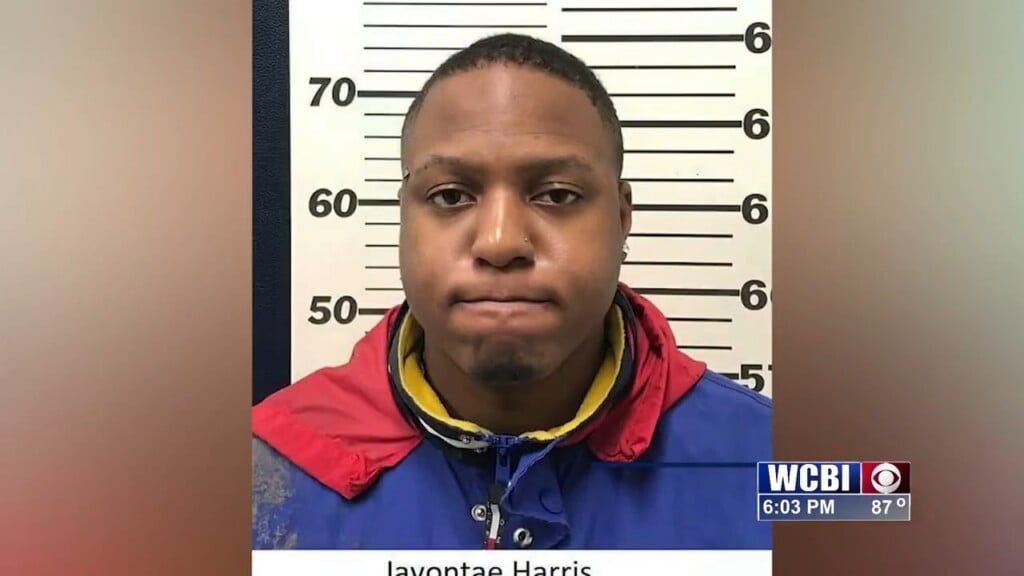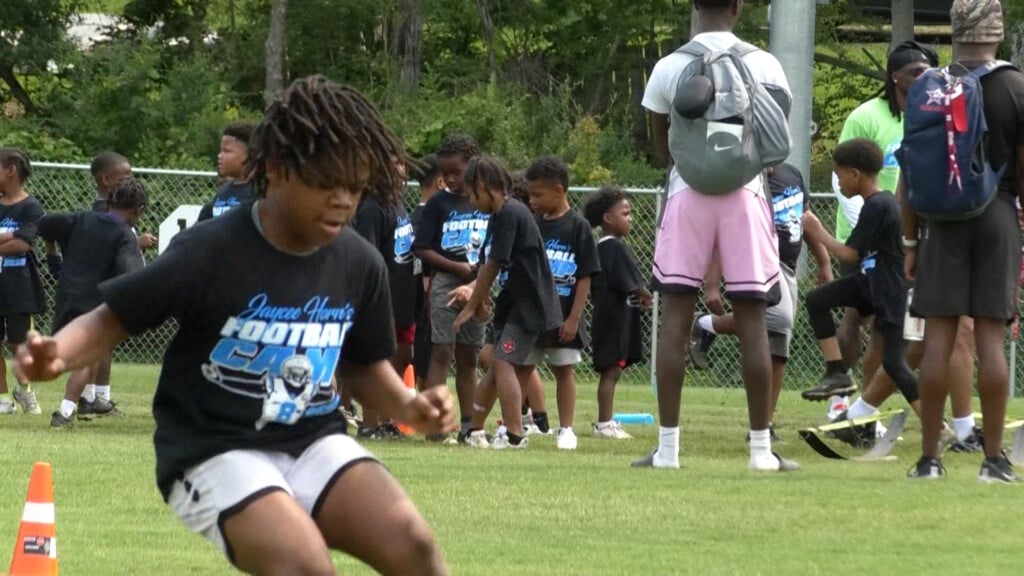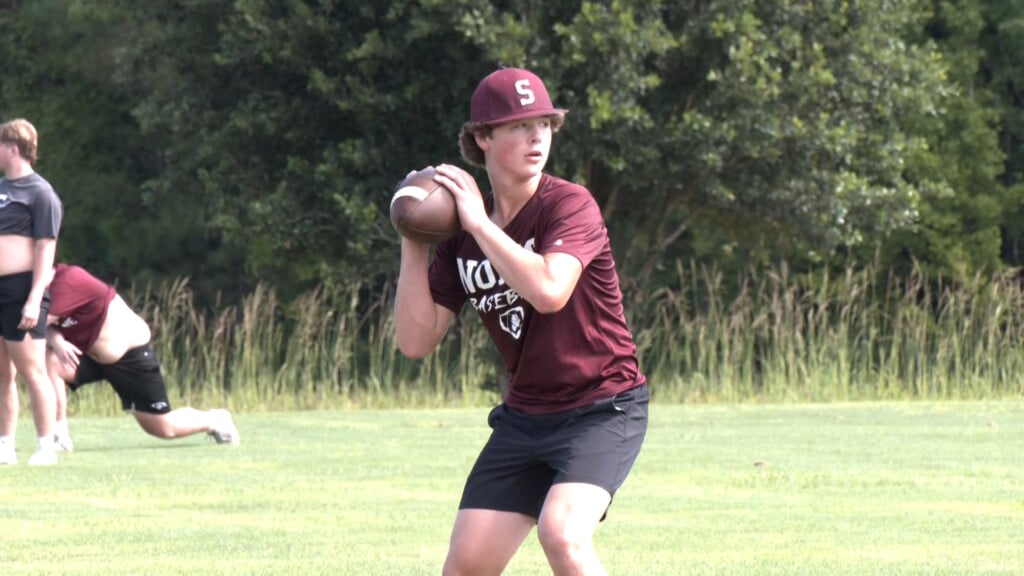Wisconsin governor calls on legislature to change primary election
Wisconsin Governor Tony Evers is calling for a special session of the GOP-controlled legislature to meet Saturday afternoon to vote on changes to the upcoming April 7 primary election. He has proposed making the primary almost entirely vote-by-mail and significantly extending the deadlines for voting.
Evers, a Democrat, is asking state lawmakers to vote on a plan to send absentee ballots by May 19 to every registered voter in the state who has not yet requested one. Under the proposal, the deadline to send in ballots would also be extended to May 26.
In-person voting would essentially be scrapped under the proposal. Each municipal clerk would be required to provide at least one eight-hour window by May 19 for “disabled electors to cast in-person ballots using assistive technology” and for voters who have difficulty or are unable to read, write or understand English.
Wisconsin has stood alone in refusing to move its primary as a result of the coronavirus pandemic. Eleven states and Puerto Rico have delayed their primary dates, and five others have moved to conduct their primaries or caucuses with mail voting. A state supreme court seat and many other local races are on the ballot, in addition to the presidential primary, in Wisconsin.
Last week, Evers did not try to delay the election, but he did ask the legislature to provide absentee ballots to all registered voters, allow ballots to be postmarked up until Primary Day and give clerks more time to count ballots. Election officials said that proposal would be difficult to achieve, and it was shot down by Republican leaders in the legislature.
While the governor has the power to call the special session, the legislature isn’t required to meet or take up the proposals. Republican legislative leaders have not yet said whether they support the measures Evers is calling for now.
The coronavirus pandemic has caused a dramatic shortage of poll workers in Wisconsin. Earlier this week the Wisconsin Elections Commission reported that as of Monday night, nearly 60% of Wisconsin municipalities reported a shortage of poll workers. Collectively, they were short almost 7,000 poll workers.
On Friday, Milwaukee, which normally operates 180 voting sites, announced there would be just five in-person voting centers around the city. The city usually has 1,400 election workers, but has only 350 this year.
“I can’t ignore the municipal leaders from Green Bay to Milwaukee to Waukesha that they have now significantly condensed the number of polling locations available, creating a dangerous situation where voters, staff and volunteers will not be able to avoid large groups or practice social distancing when they go out to vote,” Evers said in a video message Friday. “This is a significant concern and a very unnecessary public health risk.”
While the governor has the power to call the special session, the legislature is not have to meet or take up the proposals. Republican legislative leaders in Wisconsin have not yet said whether they support the measures Evers is calling for now.
Wisconsin has also seen a surge of absentee ballot requests because of the coronavirus pandemic. Nearly 1.2 million voters had requested absentee ballots by Friday morning.
A day ago, a federal judge refused to move the state’s primary but extended the deadline to return absentee ballots from 9:00 p.m. ET on April 7 to 5:00 p.m. ET on April 13. The Republican National Committee and Wisconsin Republican Party have appealed that decision.
In his ruling on Thursday, U.S. District Judge William Conley ripped into the governor and state legislators for not making changes to the election, but said it wasn’t his place to move the date of the election.
“Without doubt, the April 7 election day will create unprecedented burdens not just for aspiring voters, but also for poll workers, clerks, and indeed the state,” Conley wrote. “As much as the court would prefer that the Wisconsin Legislature and Governor consider the public health ahead of any political considerations, that does not appear in the cards. Nor is it appropriate for a federal district court to act as the state’s chief health official by taking that step for them. “





Leave a Reply